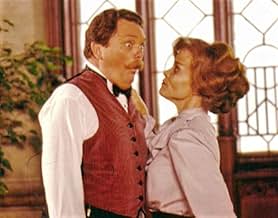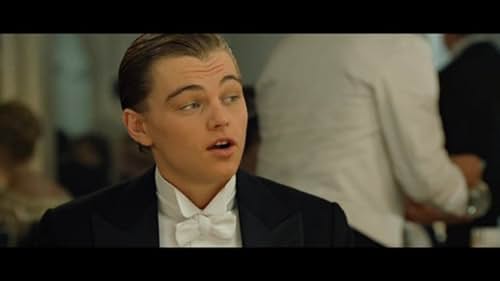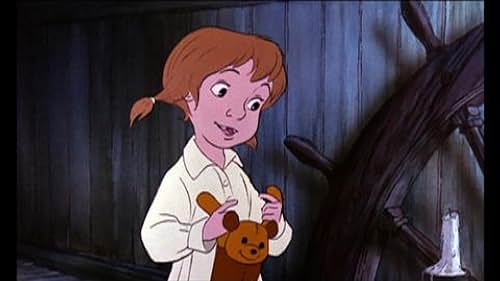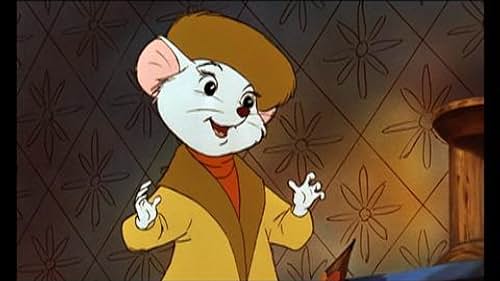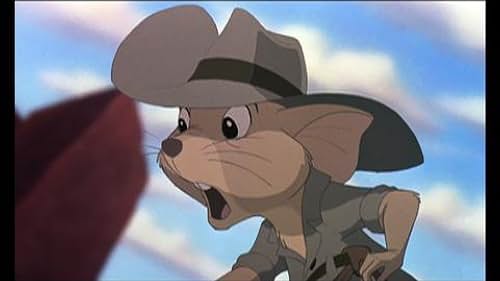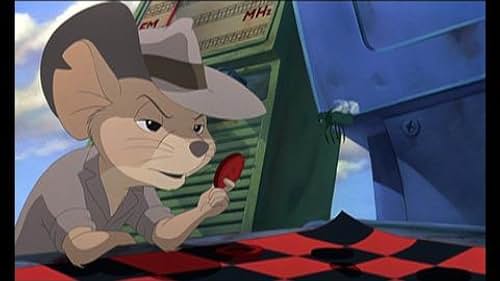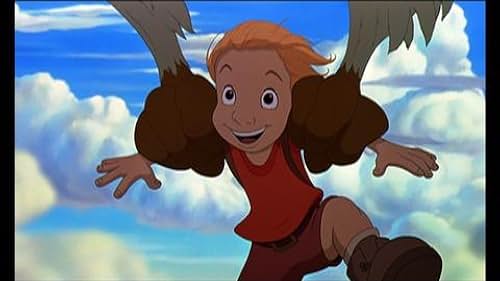Bernard Fox(1927-2016)
- Actor
- Writer
- Soundtrack
Endearing, bushy-whiskered Welsh character actor whose screen repertoire seemed to consist for the better part of variations on a similar theme, namely stereotypical stiff-upper-lip or bumbling British gents. The son of an actress and an actor-manager and on stage from early childhood, Fox began his career in repertory theatre. During the last two years of World War II he served on a minesweeper in the Royal Navy. In 1952, he joined the ensemble of Brian Rix's Whitehall Farces as one of the 'Reluctant Heroes' and the 'Simple Spymen'. Buoyed by popular success, he probably developed his stock-in-trade character around this time. Following a stint on the London stage, Fox then landed several small roles in British films and co-starred for the BBC in the short-lived comedy series Three Live Wires (1961). The show's American producer promised him a shot at Hollywood and the actor and his wife promptly moved to Los Angeles. In 1962, Fox made his American stage debut at the Civic Playhouse in the three-act mystery play "Write Me a Murder" by Frederick Knott. The following year he appeared as a blundering waiter in The Danny Thomas Show (1953).
During the 1960's he became a familiar face on television, staking his particular claim to comedy relief fame as the cranky warlock physician Dr. Bombay in Bewitched (1964) (a character he declared was based on a naval officer with whom he served during the war) and as the buffoonish Colonel Rodney Crittenden in Hogan's Heroes (1965) (who was hopefully not based on anyone). He was also a Dr. Watson to Stewart Granger's Sherlock Holmes in The Hound of the Baskervilles (1972), striding a kind of middle ground between the Watson of Nigel Bruce and that of Edward Hardwicke. His many guest roles as assorted 'visiting' English officers included, among others, 12 O'Clock High (1964), The Man from U.N.C.L.E. (1964), Columbo (1971) and M*A*S*H (1972). More recently, he appeared as Archibald Gracie IV, survivor (albeit briefly) of the sinking of the Titanic (1997) and as the unflappable aviator Winston Havelock going off to his last 'tally-ho' in The Mummy (1999). His ongoing commitment to theatrical work led to engagements in Canada with Stage West, in Las Vegas, Los Angeles and starring on Broadway in a 1978 production of "3 Rue de L'Amour" with Louis Jourdan and Kathleen Freeman.
In private life, Fox was renowned as an expert theatre historian. He was reputedly a keen gardener, a painter of landscapes and a devotee of performing magic.
During the 1960's he became a familiar face on television, staking his particular claim to comedy relief fame as the cranky warlock physician Dr. Bombay in Bewitched (1964) (a character he declared was based on a naval officer with whom he served during the war) and as the buffoonish Colonel Rodney Crittenden in Hogan's Heroes (1965) (who was hopefully not based on anyone). He was also a Dr. Watson to Stewart Granger's Sherlock Holmes in The Hound of the Baskervilles (1972), striding a kind of middle ground between the Watson of Nigel Bruce and that of Edward Hardwicke. His many guest roles as assorted 'visiting' English officers included, among others, 12 O'Clock High (1964), The Man from U.N.C.L.E. (1964), Columbo (1971) and M*A*S*H (1972). More recently, he appeared as Archibald Gracie IV, survivor (albeit briefly) of the sinking of the Titanic (1997) and as the unflappable aviator Winston Havelock going off to his last 'tally-ho' in The Mummy (1999). His ongoing commitment to theatrical work led to engagements in Canada with Stage West, in Las Vegas, Los Angeles and starring on Broadway in a 1978 production of "3 Rue de L'Amour" with Louis Jourdan and Kathleen Freeman.
In private life, Fox was renowned as an expert theatre historian. He was reputedly a keen gardener, a painter of landscapes and a devotee of performing magic.







